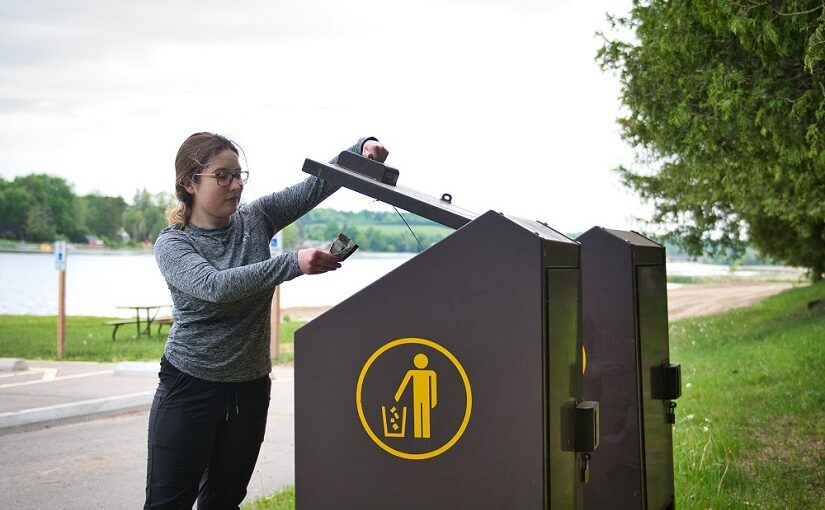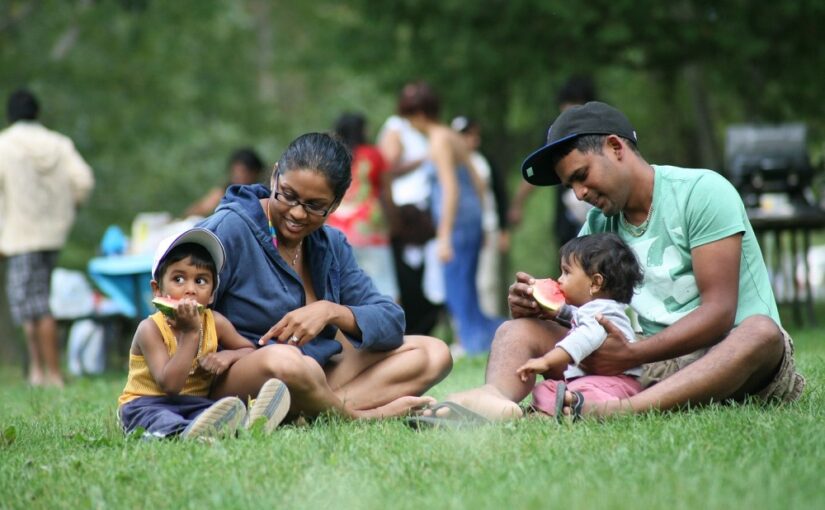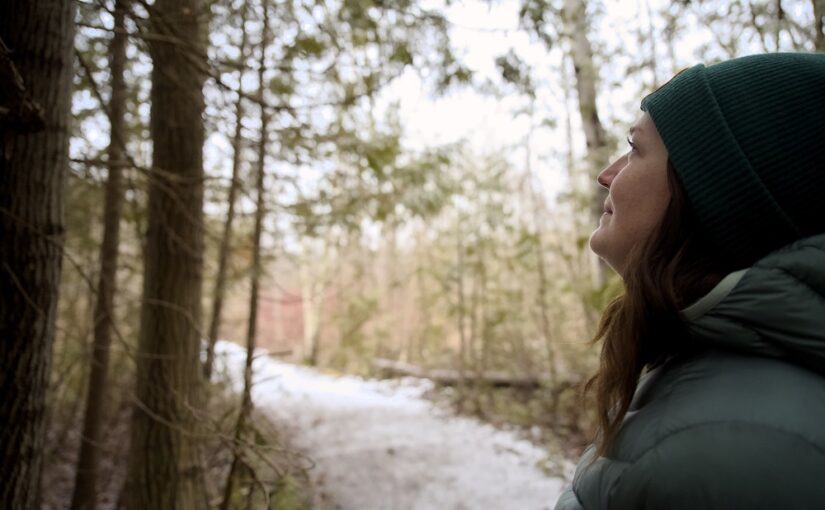Provincial parks are not islands.
Well, some of them are. What we mean is: there is no invisible wall around parks limiting their relationships with the outside world.
Even if you never visit a park, you benefit from the pollinator diversity they protect, the CO2 they sequester in wood, roots, and peat, and the clean water filtered by protected wetlands.
Plants, animals, fungi, microbes, water, and air move in and out of protected spaces, with intimate connections on both local and global levels.
In the same way, things that happen outside of park boundaries affect the ecosystems within them. What you do at home, work, or play can impact our parks.
Whether you live next door to a park or 100 km away, here are six ways your everyday actions can help keep parks and nature reserves healthy and biodiverse:
Continue reading 6 ways to be the best park neighbour


